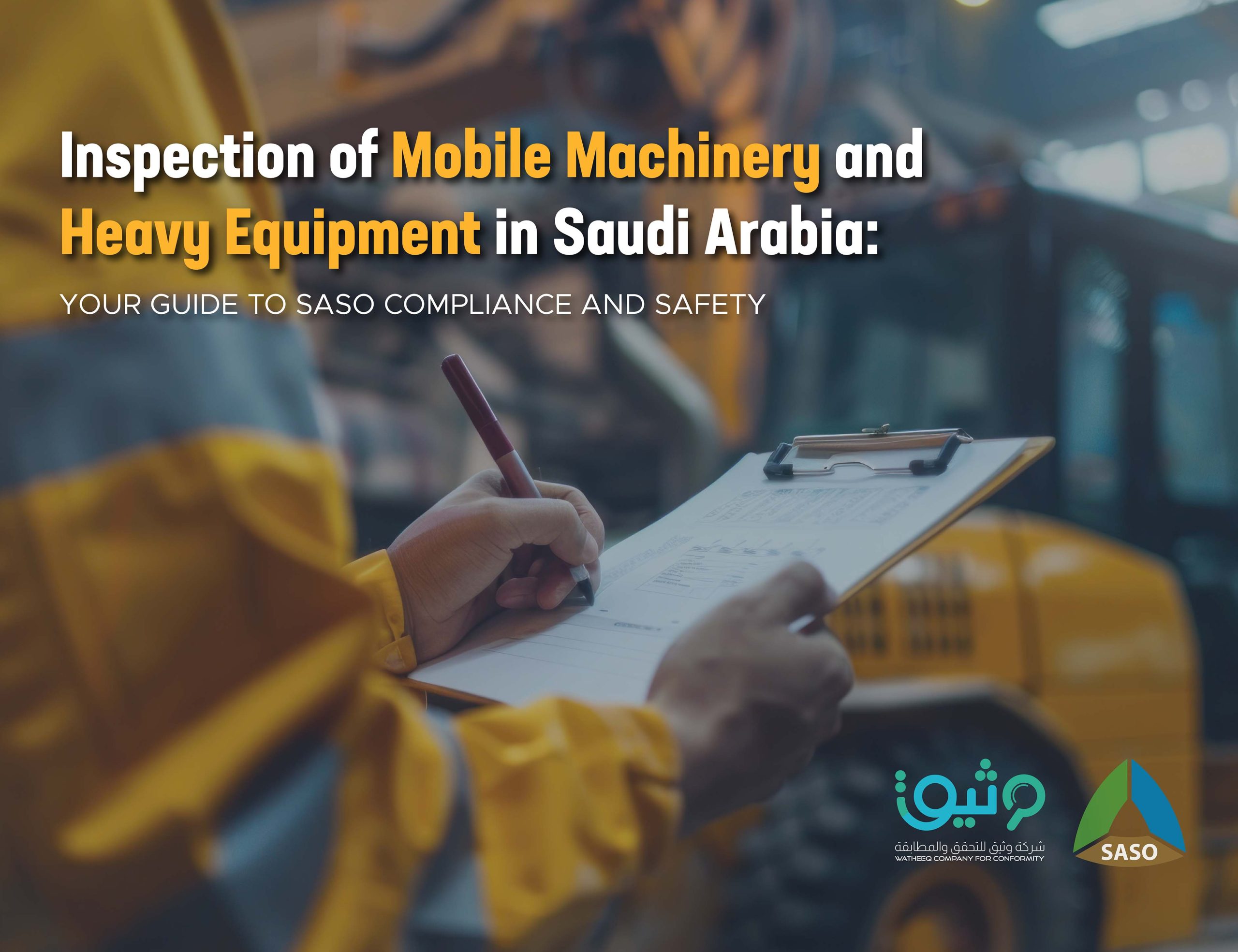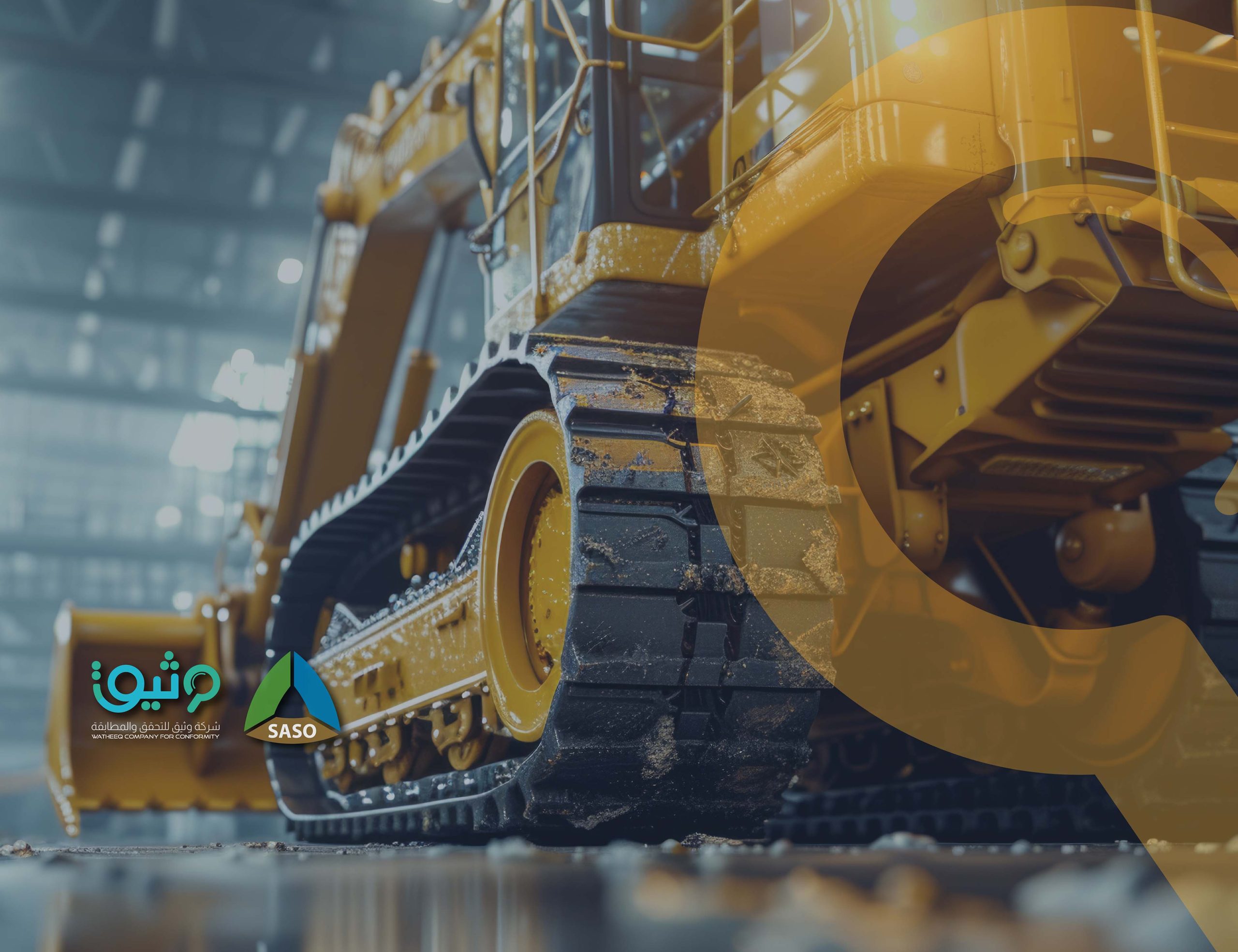Heavy equipment inspection in Saudi Arabia is more than just a regulatory requirement—it is the backbone of safe and efficient operations across construction, oil & gas, mining, and logistics industries. With the Saudi Standards, Metrology and Quality Organization (SASO) enforcing strict compliance measures, regular inspection of mobile machinery ensures safety, reduces downtime, and keeps projects aligned with national and international standards.
Heavy Equipment Inspection in Saudi Arabia: 7 Proven Ways to Stay Safe & Compliant
 25 Sep 2025
Articles
25 Sep 2025
Articles







